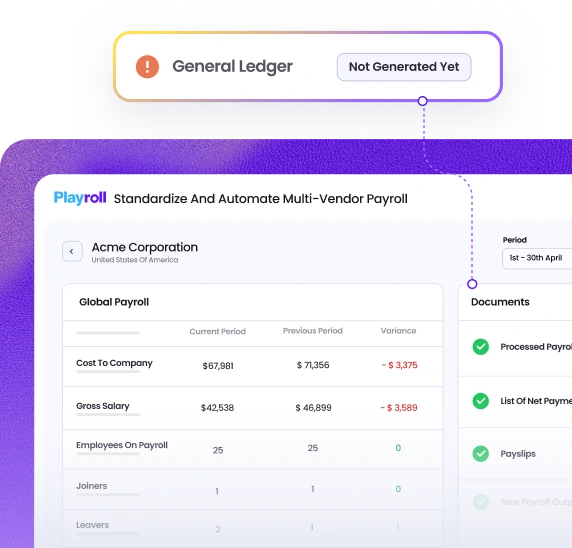What is a Good Salary in Texas?
What is considered a 'good' salary can vary based on factors like location, lifestyle, and industry. A salary in the range of $60,000 to $80,000 is generally considered comfortable for a single person in Texas. High-paying fields like technology and healthcare can offer salaries reaching up to $150,000, while more common roles such as administrative assistants or sales representatives typically earn around $40,000 to $55,000.
Average Salary by Cities in Texas
The cost of living can vary widely from one city to another, and that impacts both how far salaries stretch and what professionals expect in terms of pay. Cities with higher living costs – like those with hot housing markets or tech hubs – tend to have higher salary expectations.
Familiarizing yourself with the average salary ranges per location can help you plan better and make sure your compensation packages are in line with local expectations to attract and retain top talent. Here’s a quick look at salary ranges across different cities in Texas, to get a sense of competitive salaries based on local factors:
| City | Monthly Salary | Annual Salary |
|---|
| Austin | $5,500 | $66,000 |
| Dallas | $5,400 | $64,800 |
| Houston | $5,200 | $62,400 |
| San Antonio | $4,400 | $52,800 |
| Fort Worth | $4,600 | $55,200 |
Salary Earnings Based on Experience Level in Texas
Salaries naturally increase with experience – this applies to both new hires and existing team members. When planning for new positions, it's important to consider how salary ranges change at different seniority levels. This will help ensure you're meeting salary expectations, retain employees and create a fair working environment.
Here’s a breakdown of how monthly and annual salary ranges grow with experience in Texas:
| Experience Level | Monthly Salary | Annual Salary |
|---|
| Entry-Level Jobs (0-2 years experience) | $3,500 | $42,000 |
| Mid-Level Jobs (3-5 years experience) | $5,000 | $60,000 |
| Senior Roles & Managers | $7,000 | $84,000 |
| Executive & C-Level | $15,000 | $180,000 |
Average Salaries by Job Title in Texas
Building a competitive compensation package means knowing what the going rate is for specific roles. We’ve compiled the most recent salary data by job title for Texas, making it easier for you to compare roles, match your offers with the market, and make sure your team is paid fairly.
| Job Title | Monthly Salary | Annual Salary |
|---|
| Software Developer | $6,000 | $72,000 |
| Accountant | $4,800 | $57,600 |
| Marketing Manager | $6,500 | $78,000 |
| Sales Representative | $4,200 | $50,400 |
| IT Support Specialist | $4,100 | $49,200 |
Highest Paying Jobs in Texas
- Surgeon: $400,000+
- Anesthesiologist: $380,000+
- Psychiatrist: $250,000+
- Orthodontist: $220,000+
- Chief Executive Officer (CEO): $180,000+
- Pharmacist: $130,000+
- Software Engineer: $120,000+
- Petroleum Engineer: $115,000+
- IT Manager: $110,000+
- Lawyer: $100,000+
Monthly Cost of Living in Texas
In Texas, the cost of living is generally lower than the national average, making it an affordable state for many residents. Housing expenses are about 8% lower than the national average, with affordable options available in both urban centers like Houston, Dallas, and Austin, as well as more rural areas. Utility costs are slightly below the national average, running around 2% lower. Transportation expenses, including gas prices, are about 4% lower than the national average, reflecting the state's reliance on personal vehicles and relatively low traffic congestion compared to other large states.

Median Home Price
$300,000

Median Rent
$1,200 - $1,600
/ month

Energy Bill
$150 - $200
/ month

Phone Bill
$60 - $100
/ month
Compliant, In-State Payroll Processing in the U.S. with Playroll
We cut payroll processing time by 80%, ensure full compliance, and provide hands-on support for both employers and employees.
-

Local, state-accurate payroll execution
-

Consolidate payroll inputs and variance reporting
-

State-specific compliance, taxes, and filings built-in







.svg)
.svg)
.svg)








.svg)



.png)
.webp)
.webp)








.svg)